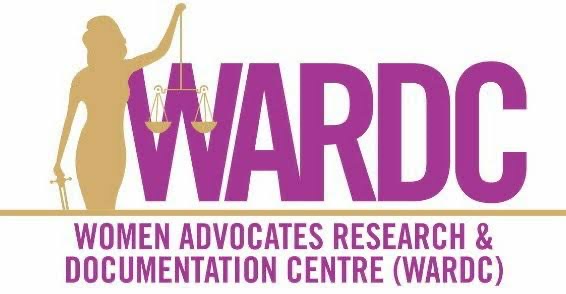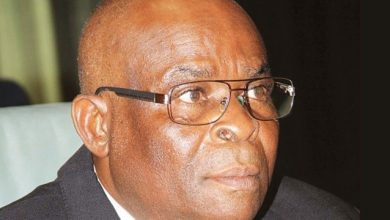80% OF NIGERIAN CHILDREN CANNOT READ AFTER PRIMARY SCHOOL, SAYS WORLD BANK REPORT
Speaking, World Bank lead economists, Deon Filmer and Halsey Rogers, who co-directed the report team, noted that although the diagnosis in the report was disheartening, but said it should not be interpreted to mean all was lost, but that only too many young people are not getting the education they need.
“Learning shortfalls eventually show up as weak skills in the workforce, making it less likely that young people will find good-paying, satisfying jobs. But change is possible, if systems commit to learning, drawing on examples of families, educators, communities, and systems that have made real progress,” they said in joint statement.
Penpushing gathered that, the report, however, recommended policy steps to help developing countries resolve their dire learning crisis in the areas of stronger learning assessments, using evidence of what works and what doesn’t to guide education decision-making; and mobilizing a strong social movement to push for education changes for ‘learning for all.’
It was also emphasized that education remained critical to global development and human welfare in every society, especially for Africa and indeed for Nigeria, given the state of its development.
In her remark, Minister of Finance, Kemi Adeosun, said the federal government had initiated several strategies to tackle the problems of education in the country, adding that this include the N-Power programme, the home-grown School Feeding Programme.
She explained that it was to reduce the number of out of school children and also disclosed other strategies as the World Bank sponsored Better Education Service Delivery for All Programme designed to bring out-of-school-children into the classroom.
The Minister of Education, Adamu Adamu, in his speech at the event said the government must stop just spending on education, but should consider such spending as investment.
His words “We must begin to look at our spending as an investment in education. The Federal Ministry of Education after several consultations with stakeholders in the education sector, including the World Bank, developed a road map for the education sector captioned ‘Education for Change: A Ministerial Strategic Plan.’
Meanwhile, the three policy recommendations in the report included the need for developing countries to measure learning at the end of primary and lower secondary school; attract highly capable people into teaching and keep them motivated by tailoring teacher training that is reinforced by mentors, while the report also recommended increased accountability, and political will for education reform.







